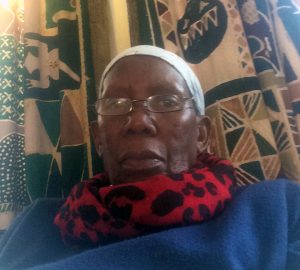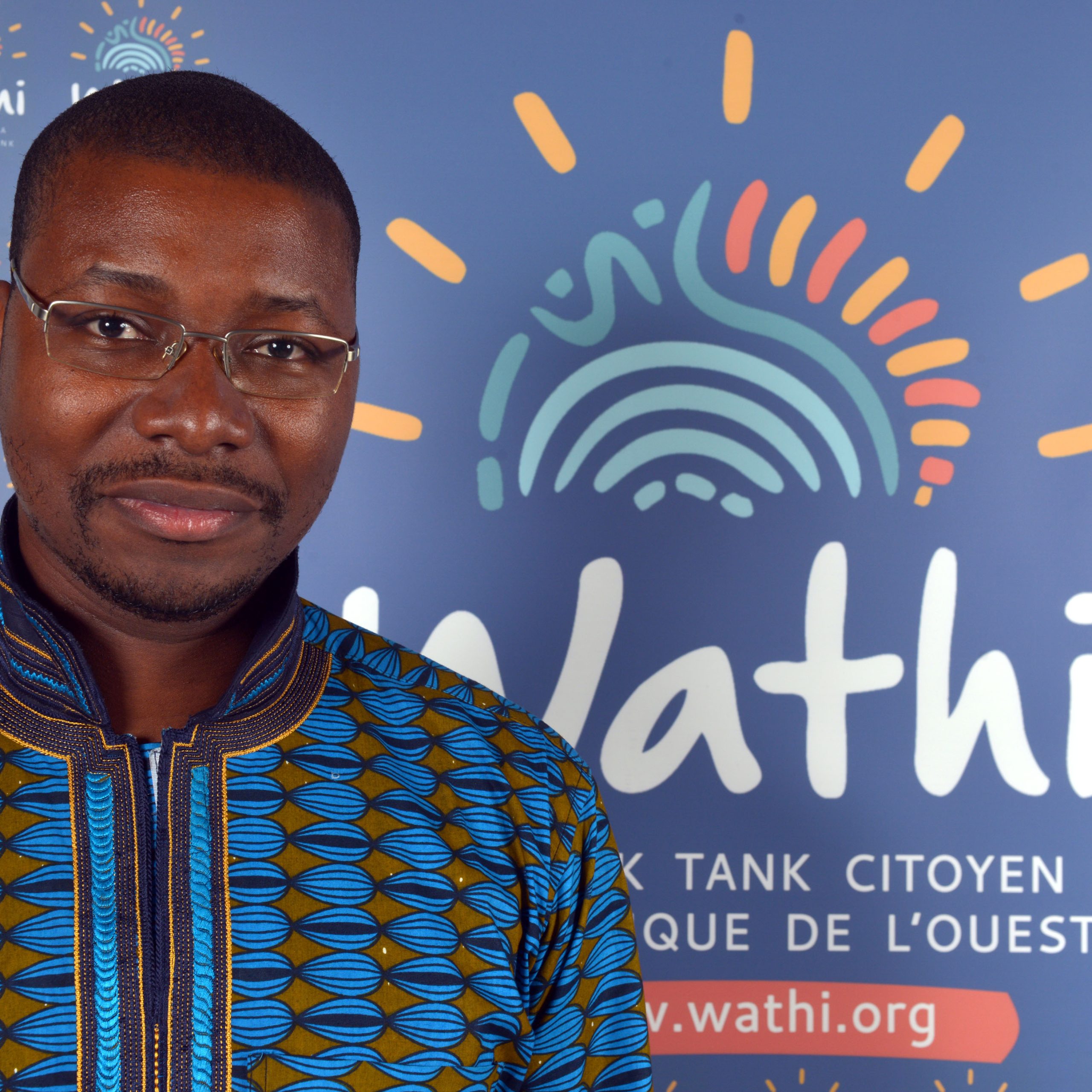Basic education and youth development in Africa: interview with Dr. Funiwe Njobe
 Following a career change from Nursing to Social Development Studies, Dr. Funiwe Njobe lectured in Development Studies at the University of Zambia and later worked for Land and Agriculture Policy Centre as a Research manager there. She was seconded to the Department of Agriculture to develop a Post-Apartheid Model of Agriculture Education. Later she worked for Kagiso Trust developing, a model for building Social and Economic capacities of rural and peri-urban communities. She is currently working as an entrepreneur rolling out her latest model for trading posts for producers in rural and peri-urban communities that are marginalized from main stream markets. Her PhD was on Education, looking at comparative education Systems in South Africa with particular reference to Missionary systems and Indigenous systems.
Following a career change from Nursing to Social Development Studies, Dr. Funiwe Njobe lectured in Development Studies at the University of Zambia and later worked for Land and Agriculture Policy Centre as a Research manager there. She was seconded to the Department of Agriculture to develop a Post-Apartheid Model of Agriculture Education. Later she worked for Kagiso Trust developing, a model for building Social and Economic capacities of rural and peri-urban communities. She is currently working as an entrepreneur rolling out her latest model for trading posts for producers in rural and peri-urban communities that are marginalized from main stream markets. Her PhD was on Education, looking at comparative education Systems in South Africa with particular reference to Missionary systems and Indigenous systems.
The interview is concerned with Basic education and the implications of its impact on youth development and employment in Africa.
Often learners are taught as though their limited environment is the end of the road rather than being prepared to be able to navigate their world and beyond. Learners ought to be exposed to a curriculum that has a potential to catapult them far beyond their confining environments for further education and training. They should be able to develop the confidence and anticipation to explore educational opportunities in other parts of Africa.
If food security is paramount, what is the significance of food security, health care and moral upbringing in a child’s educational development for a desirable future?
Food security and proper nutrition are an important component of basic education if children are expected to learn and be attentive in the class room. This is very important if their educational achievements are to be assured and extend their likelihood to study anywhere outside their own environments.
Moral upbringing, which should be the responsibility of both the home and the school, is significant in that it contributes to the success of the learners in staying in school and not falling by the wayside, derailed by drugs, alcohol and other forms of delinquent behavior which are a reality in many African countries even though to different degrees.
Which infrastructural development do you think will further enhance a good educational foundation for this development?
Proper infrastructural development should be encouraged where, for instance, the concept of schools without walls is encouraged. This may remove the fear of learning in that this kind of environment allows the learner to feel freer to explore other opportunities of exploring the learning environment without fear of restriction.
Proper infrastructural development include adequate sanitation and availability of running water affords the learner a conducive learning environment and inculcates in them the self-confidence they need to adapt to any environment that provides education, as a normal environment. In cases where schools experience a lack of these facilities, legal consequences to the responsible authorities should be administered. Children need to learn in a safe and secure environment.
For basic education to produce people who would be economically productive and morally upright citizens of the future, what kind of curriculum must be provided?
They need a curriculum that seeks to develop a child from various aspects and dimensions. Rather than teaching children how to be employable, they must be prepared how to think for themselves, to be creative, to be part of their own development and are able to pursue further education anywhere.
Learners must also understand the communities from which they come. That way they are able to center themselves in those communities, understand the needs of those communities and are therefore enabled to connect with those communities, because they can clearly see how their futures are tied to their communities and will readily give back in terms of helping in the development of where they come from.
Parents want a good education for their children. Do these parents have an understanding of what a good education is?
Many parents may view a “good education” as that which will provide employment after the learners complete their education. But often they do not interact properly with their children nor keep a healthy contact with the school where the children attend. It is also usually what the parents want their children to become rather than what the children are interested in. They seem to want, mostly to actualize themselves through their children. What the children are interested in or are capable of becomes secondary. Parents must understand the objectives and purpose of the school they send their children to. At best many parents become passive participants in their children’s education, to the extent that when they finish their education and are unable to find employment, they are shocked and surprised.
What do you think about courses that could include teaching responsibility of one’s actions, how boys and girls should regard one another, acceptable ways of solving problems, self-respect and respect for others as a core part of Basic Education curriculum?
Parents must also be responsible for teaching their children about relationships. They must give proper guidance in terms of how boys and girls relate to one another so that they begin to learn self-respect and respect of others. Charity truly starts at home. This is an opportunity to introduce African philosophies such as Ubuntu because they embody acceptable values that the African child must assume at this level of their education. Ubuntu, which is a concept that connects a person to other persons by acknowledging the existence of one by another, runs through African societies. This may impact positively on the behavior of young people towards one another, especially when these boys become men. Their aggressive disposition towards women may be positively impacted. Currently in South Africa in particular, pregnancy of young girls at the level of basic education is high and the rape and murder of young women has become common and shockingly worrisome.






